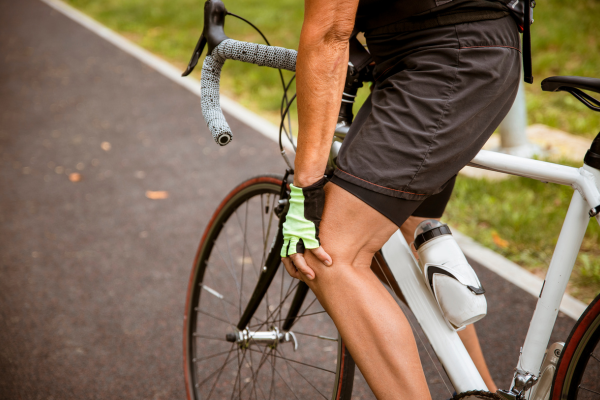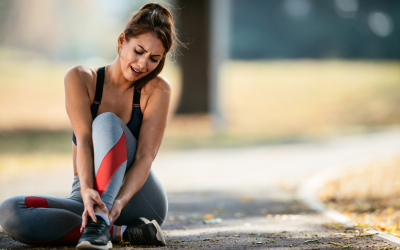How Cycling Supports Knee Joint Pain Relief in Knoxville Athletes
Knee joint pain remains one of the most common orthopedic concerns for active adults in Knoxville. Whether your discomfort comes from arthritis, a previous injury, or general overuse, you may wonder whether cycling is a safe and effective exercise option. Many orthopedic specialists recommend cycling because it strengthens the muscles around the knee while minimizing stress on the joint. However, cycling isn’t ideal for every condition, and understanding when it helps—and when it may worsen pain—is essential for protecting your long-term knee health.
Cycling is widely considered a joint-friendly activity because it offers smooth, controlled movement without high impact. Unlike running, cycling reduces direct pressure on the knee and allows the joint to move without excessive force. This makes it a good choice for individuals with early arthritis or mild inflammation. Cycling also builds strength in the quadriceps, hamstrings, glutes, and hip stabilizers, all of which support proper knee alignment. When these muscles are strong, they decrease the strain placed directly on the joint and help reduce discomfort. Additionally, the rhythmic motion of cycling improves circulation in the knee, which can help reduce stiffness and swelling while promoting better mobility.
When Cycling Can Worsen Knee Pain and Require Orthopedic Care
Although cycling is beneficial for many people, it can aggravate knee pain when certain conditions are present. A poorly fitted bike, particularly with a seat that is too low, may cause excessive knee bending and increased irritation. Cycling may also worsen symptoms related to ligament injuries or meniscus tears, especially when pain is sharp, when the knee feels unstable, or when your knee locks or catches while pedaling. If knee pain becomes more intense during or after riding, or if swelling and weakness appear, it may be a sign that cycling is not appropriate until the underlying issue is evaluated.
When to See a Knee Pain Specialist in Knoxville
Knowing when to seek help from an orthopedic specialist makes a significant difference in your recovery. Knee pain that persists longer than a week or two, interferes with daily activities, or does not improve with rest should be assessed by a medical professional. Difficulty going up or down stairs, ongoing stiffness, swelling that does not resolve, or the sensation that your knee might give out are also signs that you should schedule a visit. Pain following a fall or injury—especially if accompanied by a popping sensation—should be evaluated promptly, as early diagnosis often leads to better outcomes.
The knee specialists at Tennessee Orthopaedic Alliance in Knoxville provide advanced evaluation, on-site imaging, and personalized treatment options ranging from physical therapy and bracing to injections and surgical care when needed. TOA’s orthopedic walk-in clinic also offers convenient same-day access for patients who need immediate attention for knee pain or sports-related injuries.
Finding the Right Balance Between Cycling and Knee Health
Cycling can be an excellent activity for managing knee pain when done safely and under the right conditions. While it improves mobility, strength, and joint function, it is not the best approach for every type of knee injury. If knee pain is limiting your ability to exercise or enjoy daily life, the orthopedic specialists at TOA can help you determine the safest and most effective path forward so you can return to the activities you love.




